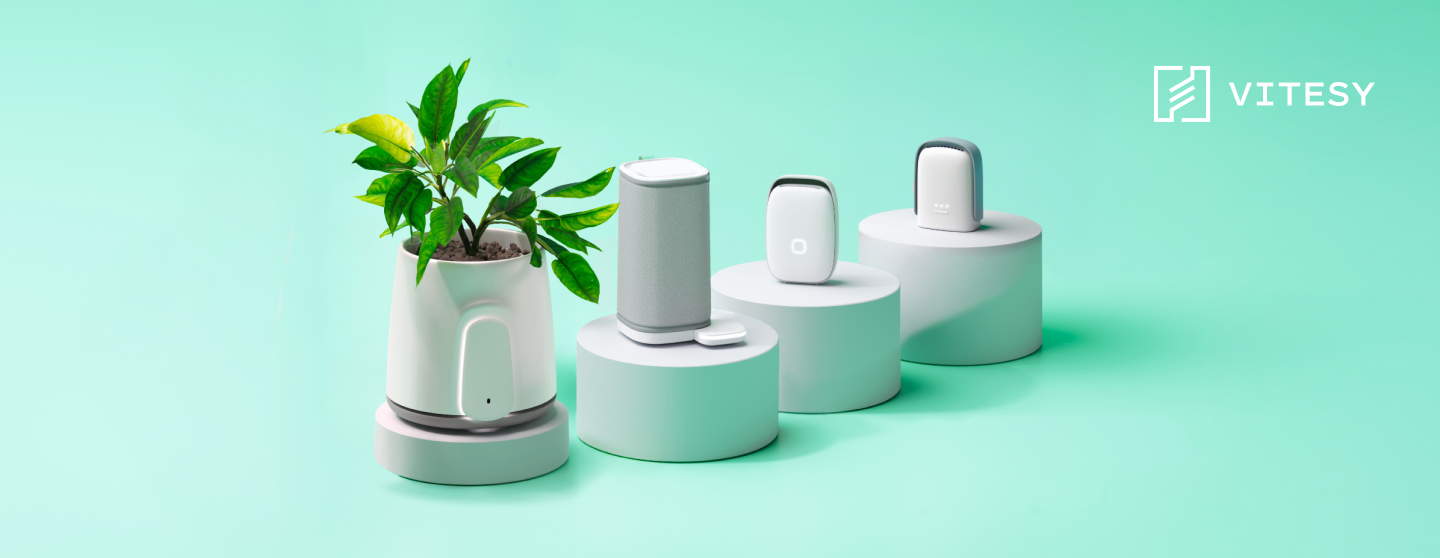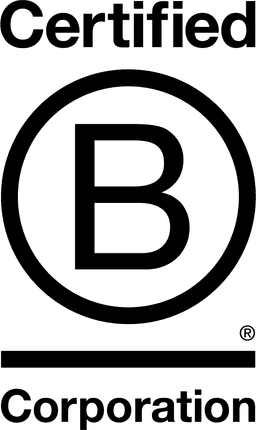

Laboratori Fabrici Srl

Province of Pordenone, Italy
September 2025
Computers & electronics
Wholesale/Retail
Italy
Vitesy is an Italian company committed to improve people's lives and well-being through sustainable and smart solutions. Through the development of innovative and smart technologies, it promotes a healthy environment and a sustainable lifestyle to help people go about their daily lives in the optimal conditions. They work passionately to create a better future for the planet through products such as Natede, Eteria, and Shelfy that fight air pollution and food waste. Vitesy systems are designed and created to be cutting-edge in every aspect, including the completely Made in Italy design, and follow the principles of the circular economy. Through the use of photocatalytic technology, Vitesy ensures greater safety and effectiveness while maintaining minimal energy consumption. In addition to being innovative, the products are also sustainable: since they do not require filters to be replaced, they reduce waste and also bring great economic savings over time.
Overall B Impact Score
Governance 16.4
Governance evaluates a company's overall mission, engagement around its social/environmental impact, ethics, and transparency. This section also evaluates the ability of a company to protect their mission and formally consider stakeholders in decision making through their corporate structure (e.g. benefit corporation) or corporate governing documents.
What is this? A company with an Impact Business Model is intentionally designed to create a specific positive outcome for one of its stakeholders - such as workers, community, environment, or customers.
Workers 30.2
Workers evaluates a company’s contributions to its employees’ financial security, health & safety, wellness, career development, and engagement & satisfaction. In addition, this section recognizes business models designed to benefit workers, such as companies that are at least 40% owned by non-executive employees and those that have workforce development programs to support individuals with barriers to employment.
Community 15.0
Community evaluates a company’s engagement with and impact on the communities in which it operates, hires from, and sources from. Topics include diversity, equity & inclusion, economic impact, civic engagement, charitable giving, and supply chain management. In addition, this section recognizes business models that are designed to address specific community-oriented problems, such as poverty alleviation through fair trade sourcing or distribution via microenterprises, producer cooperative models, locally focused economic development, and formal charitable giving commitments.
Environment 19.7
Environment evaluates a company’s overall environmental management practices as well as its impact on the air, climate, water, land, and biodiversity. This includes the direct impact of a company’s operations and, when applicable its supply chain and distribution channels. This section also recognizes companies with environmentally innovative production processes and those that sell products or services that have a positive environmental impact. Some examples might include products and services that create renewable energy, reduce consumption or waste, conserve land or wildlife, provide less toxic alternatives to the market, or educate people about environmental problems.
Customers 4.7
Customers evaluates a company’s stewardship of its customers through the quality of its products and services, ethical marketing, data privacy and security, and feedback channels. In addition, this section recognizes products or services that are designed to address a particular social problem for or through its customers, such as health or educational products, arts & media products, serving underserved customers/clients, and services that improve the social impact of other businesses or organizations.